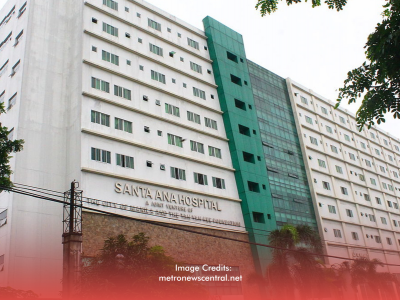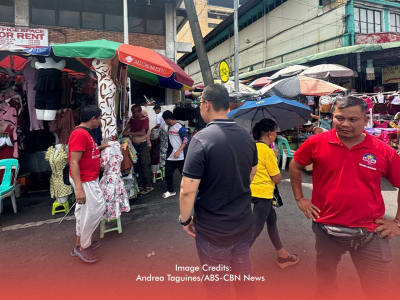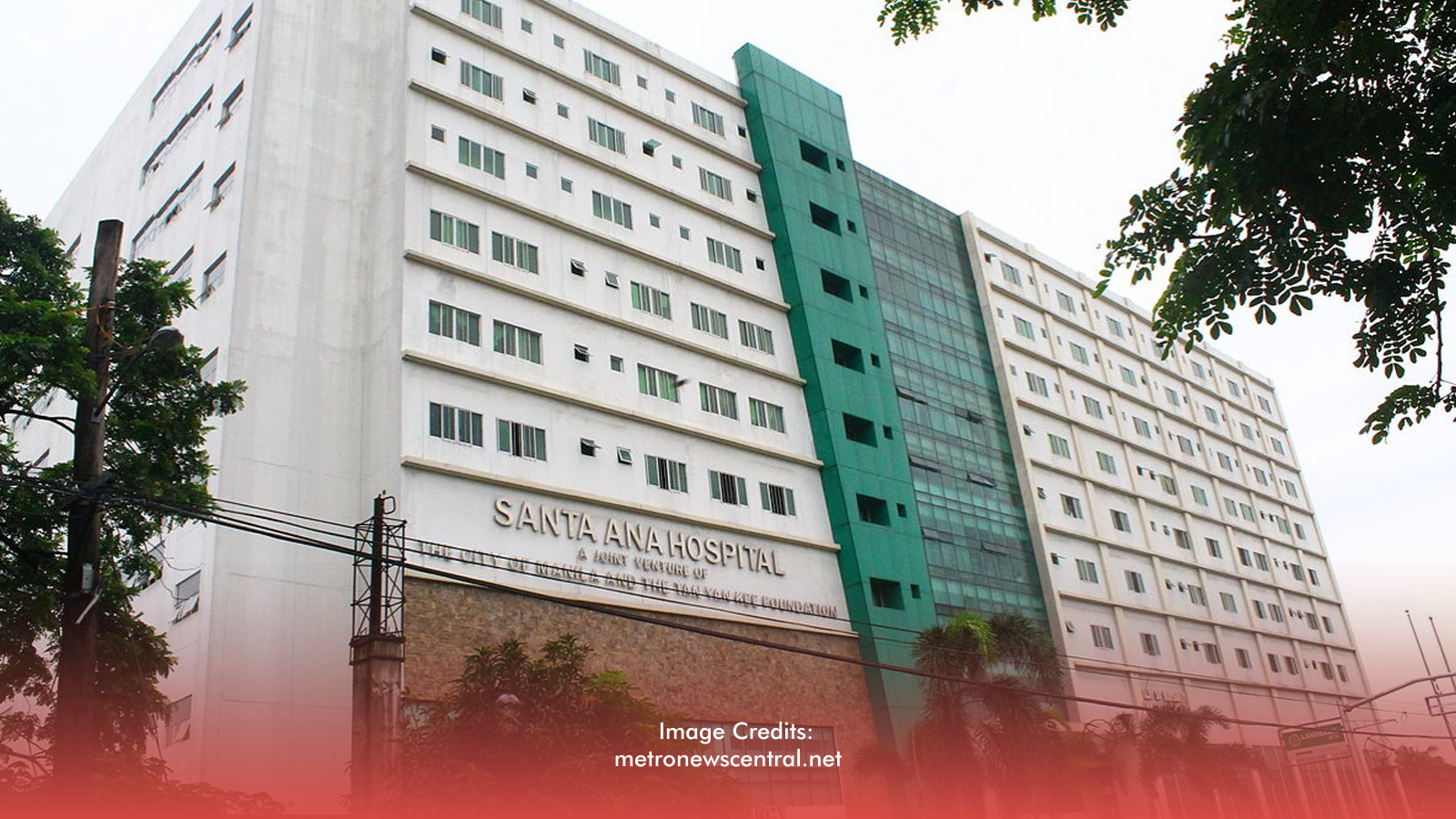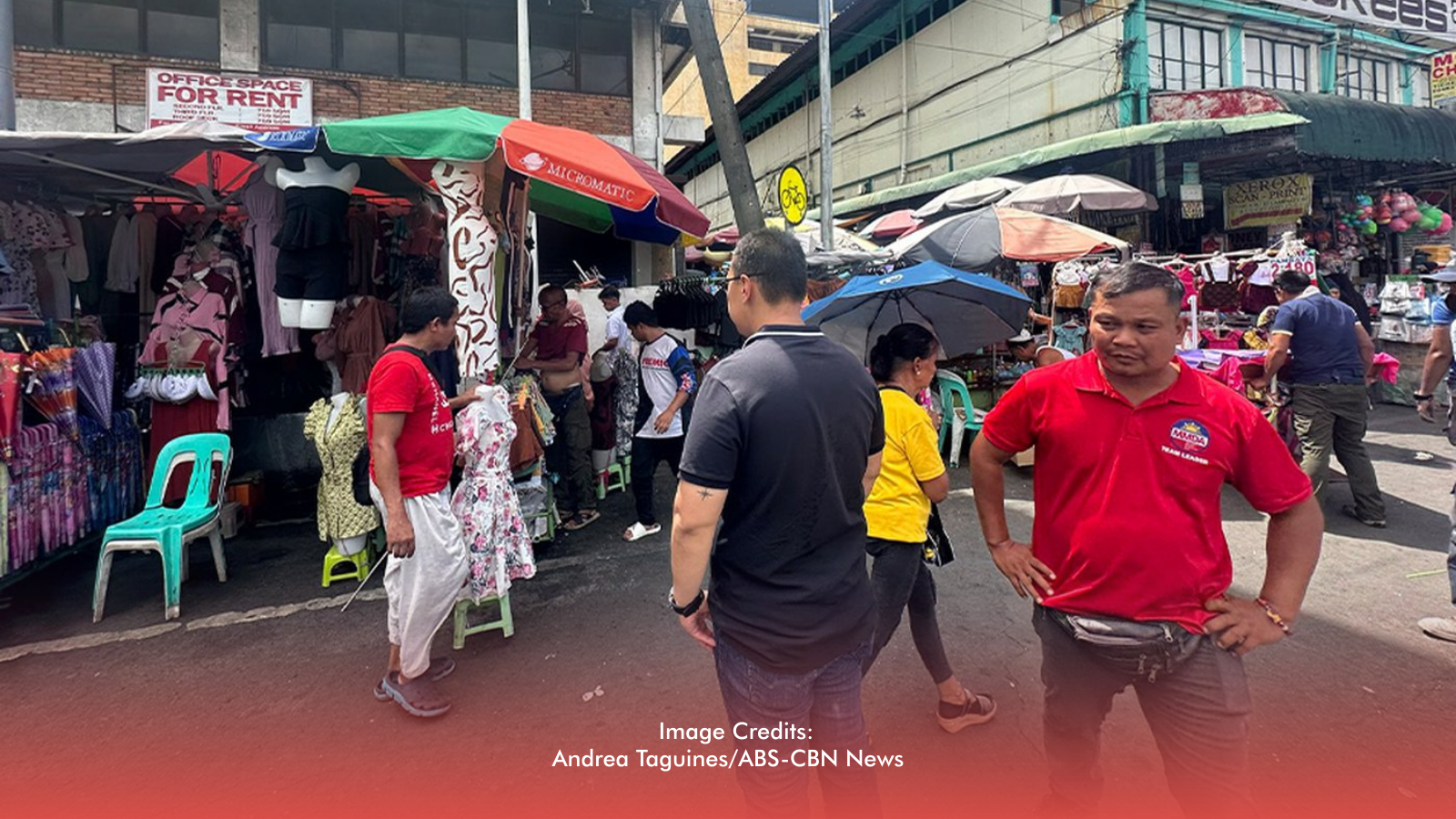Flooding in Metro Manila is a recurring challenge, affecting streets, homes, and communities during heavy rains. While drainage systems struggle to keep up, some real estate developers are innovating to reduce flood risks. At the forefront is Ayala Land’s Vertis North, a mixed-use estate in Quezon City integrating green spaces and stormwater management.
Stormwater Management
Vertis North captures and channels rainwater using infiltration strips in roads to temporarily detain water, rain gardens that act as mini sponges while filtering pollutants, and detention ponds that hold excess water before it flows to natural waterways.
According to John Estacio, Ayala Land’s Sustainability Head, “This whole place gets flooded, so that other places don’t get flooded.”
These measures increase the estate’s bio-retention capacity by 5,000 cubic meters. During heavy rainfall, Vertis North can temporarily hold around 3,000 cubic meters of water, about the size of an Olympic swimming pool, keeping surrounding areas dry.
Setting A Benchmark
Vertis North is setting a benchmark, but other private developers are also adopting sustainable designs.
Filinvest City in Alabang integrates parks, green belts, and river terraces that double as natural stormwater catchments. Arca South in Taguig incorporates detention tanks, bioswales, and permeable surfaces to reduce runoff in its mixed-use estate. Even smaller residential and high-rise projects are now including rainwater harvesting, green roofs, and permeable landscaping to help manage flooding. These efforts show that flood-resilient design is gradually becoming part of mainstream real estate in Metro Manila.
Call For Collaboration
Private initiatives alone cannot solve Metro Manila’s flooding challenges. Stormwater management requires city-wide coordination, involving rivers, drainage systems, and multiple municipalities.
The government can help by incentivizing flood-resilient developments, strengthening zoning and building regulations, and integrating estate-level solutions with city-wide flood control projects. Public-private collaboration ensures that urban development and sustainability work hand in hand, making flood management a shared responsibility rather than an afterthought.








